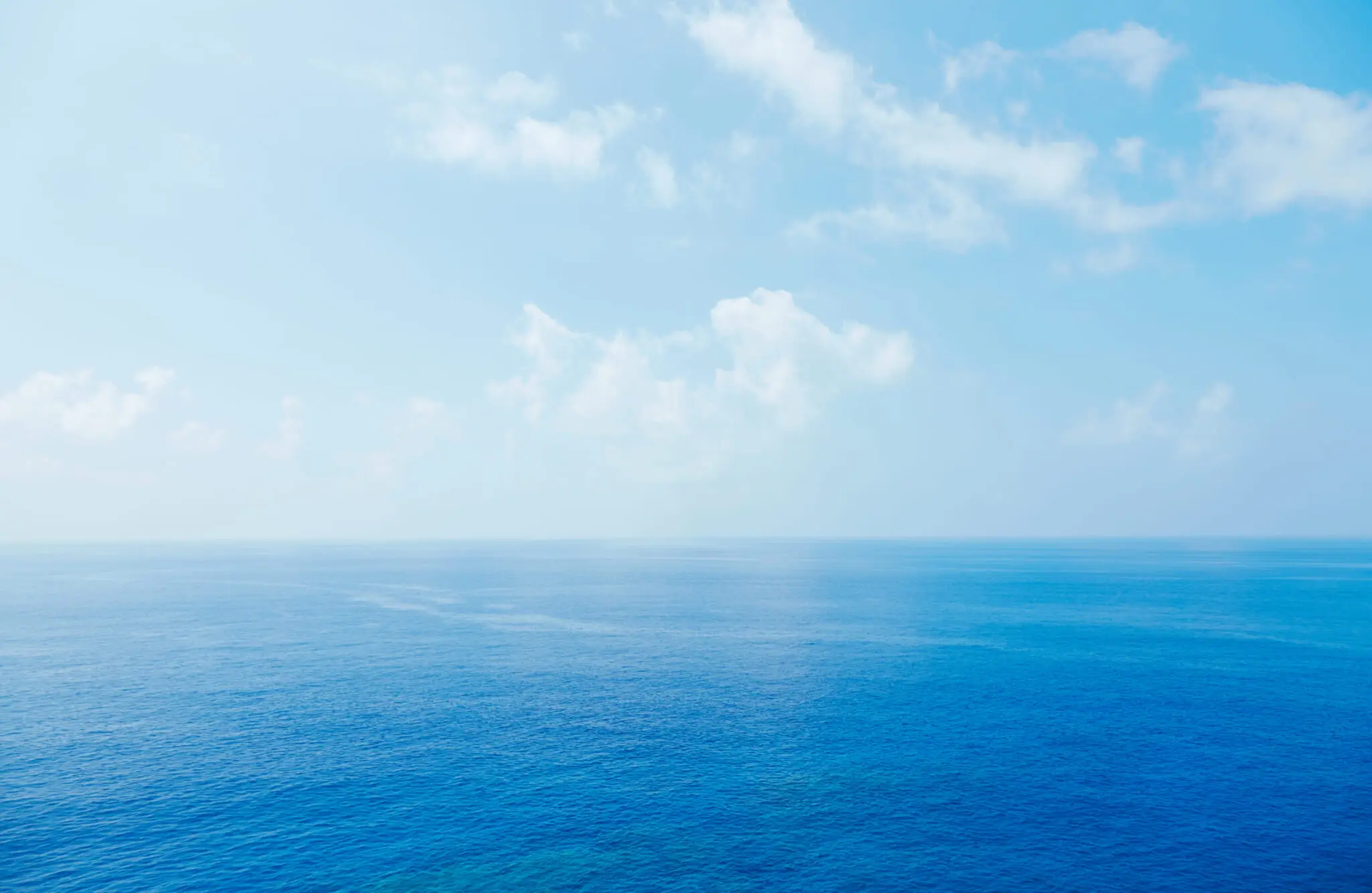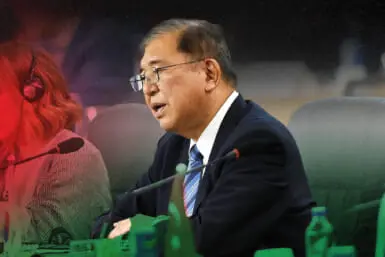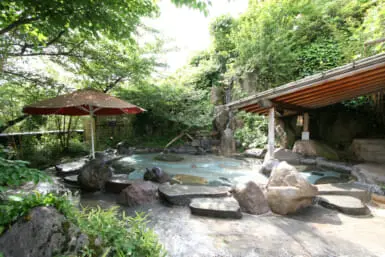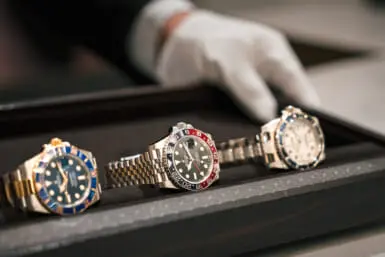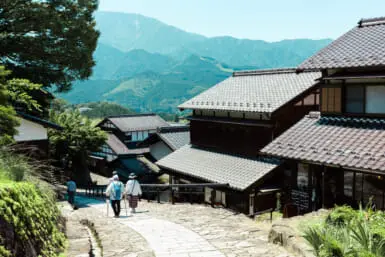In this week’s news roundup, we report on the swimmer who was rescued after spending 36 days at sea. The Hiroshima High Court approves a legal gender change for a transgender woman who hasn’t had confirmation surgery. Incumbent Tokyo Governor Yuriko Koike wins the gubernatorial election to secure a third successive term in office. Soaring temperatures lead to heatstroke alerts in more than half of Japan’s prefectures. Tokyo ranks as the 49th most expensive city in the world. And in basketball, Rui Hachimura and Yuta Watanabe are the most high-profile names in Japan’s squad for the Olympics.
Swimmer Rescued After Spending Day and a Half in the Pacific Ocean
A Chinese national went for what she thought would be a gentle swim at Shirahama Ohama Beach on Monday evening. It turned out to be anything but gentle, however, as she spent more than 36 hours in the water before eventually being rescued. The 21-year-old woman, buoyed by a rubber ring, went for a dip in the ocean with her friend at around 7:30 p.m. Approximately 20 minutes later, the friend reported to a nearby convenience store that the woman had gone missing. Police were alerted and that evening, authorities launched a search and rescue operation.
The woman, who has not been named, was finally spotted by a cargo ship at 7:48am on Wednesday, floating on her rubber ring off the southern tip of Chiba’s Boso Peninsula. She had traveled around 80 kilometers in a straight line. The actual distance she drifted for, though, is thought to be longer. Two crew members from a nearby tanker jumped into the water to rescue her. She told them she’d been swept out to sea and couldn’t return because of the rubber ring. A helicopter transferred the woman, who was dehydrated but conscious, to a nearby hospital.
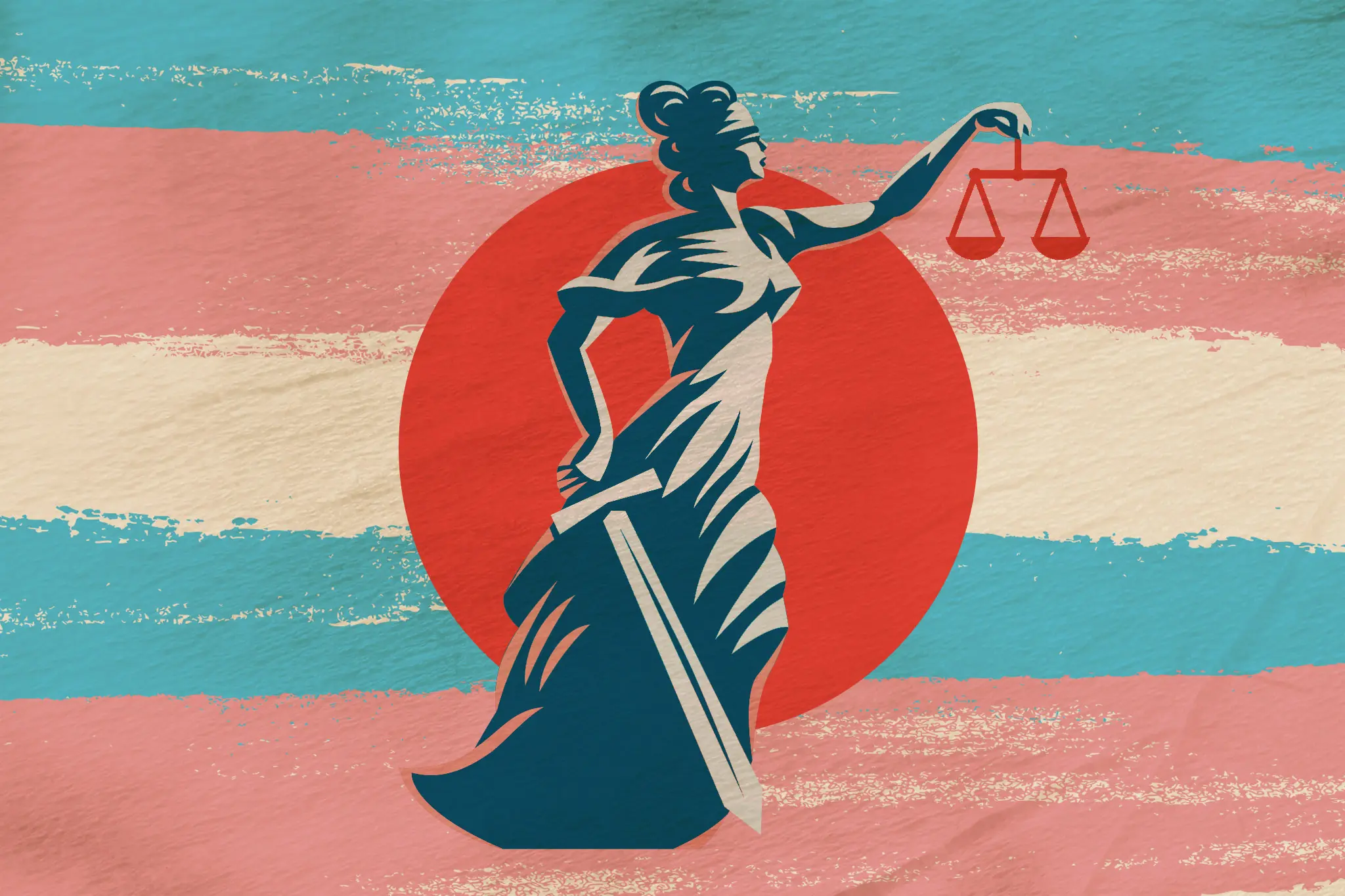
Hiroshima High Court Approves Gender Change Without Confirmation Surgery
On Wednesday, the Hiroshima High Court approved a legal gender change for a transgender woman who hasn’t had confirmation surgery. Since 2004, transgender people in Japan have been allowed to change their gender marker on legal documents. However, to do so, they had to be surgically sterilized to remove their reproductive organs and undergo gender confirmation surgery to possess “a body that appears to have parts that resemble the genital organs of those of the opposite sex.” Last October, the Supreme Court ruled that the former clause violated Article 13 of the constitution, which guarantees respect for individuals.
It stopped short of making a ruling on gender confirmation surgery, though. On Wednesday, presiding judge Masumi Kurachi said the clause is “suspected of being unconstitutional” as it forces individuals to make a choice between surgery or giving up on gender change. He added that the genitals of the petitioner, who was assigned male at birth but has had hormone therapy, resemble those of a woman. Her request for a gender change had previously been rejected by the family court and the high court. The latest ruling, which only applies to the petitioner, was uncontested and is, therefore, final.
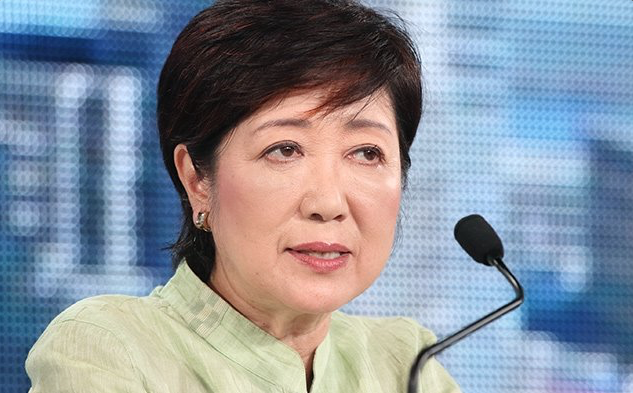
Yuriko Koike Secures Third Term As Tokyo Governor
Incumbent Tokyo Governor Yuriko Koike won the gubernatorial election on Sunday to secure a third successive four-year term. NHK’s exit polls showed that the 71-year-old, who was supported by the ruling Liberal Democratic Party, its junior coalition partner Komeito and Tomin First no Kai, had almost double the number of votes as runner-up Shinji Ishimaru, the former mayor of Akitakata city in Hiroshima Prefecture, who was running as an independent candidate. Renho Saito, backed by the main opposition Constitutional Democratic Party of Japan, the Japanese Communist Party and the Social Democratic Party, finished third.
“Our challenge is how to proceed with digital transformation as industries have changed significantly. Furthermore, the environment for women’s empowerment is insufficient compared to other parts of the world. We must raise up our efforts to keep improving Tokyo,” said Koike after winning. She added, “I received threats and heckling. It was the toughest election campaign I have ever experienced.” During her campaign, Tokyo’s first ever female governor emphasized her achievements in her first two terms, such as making high school education effectively free. She also vowed to expand free nursery care in the capital.
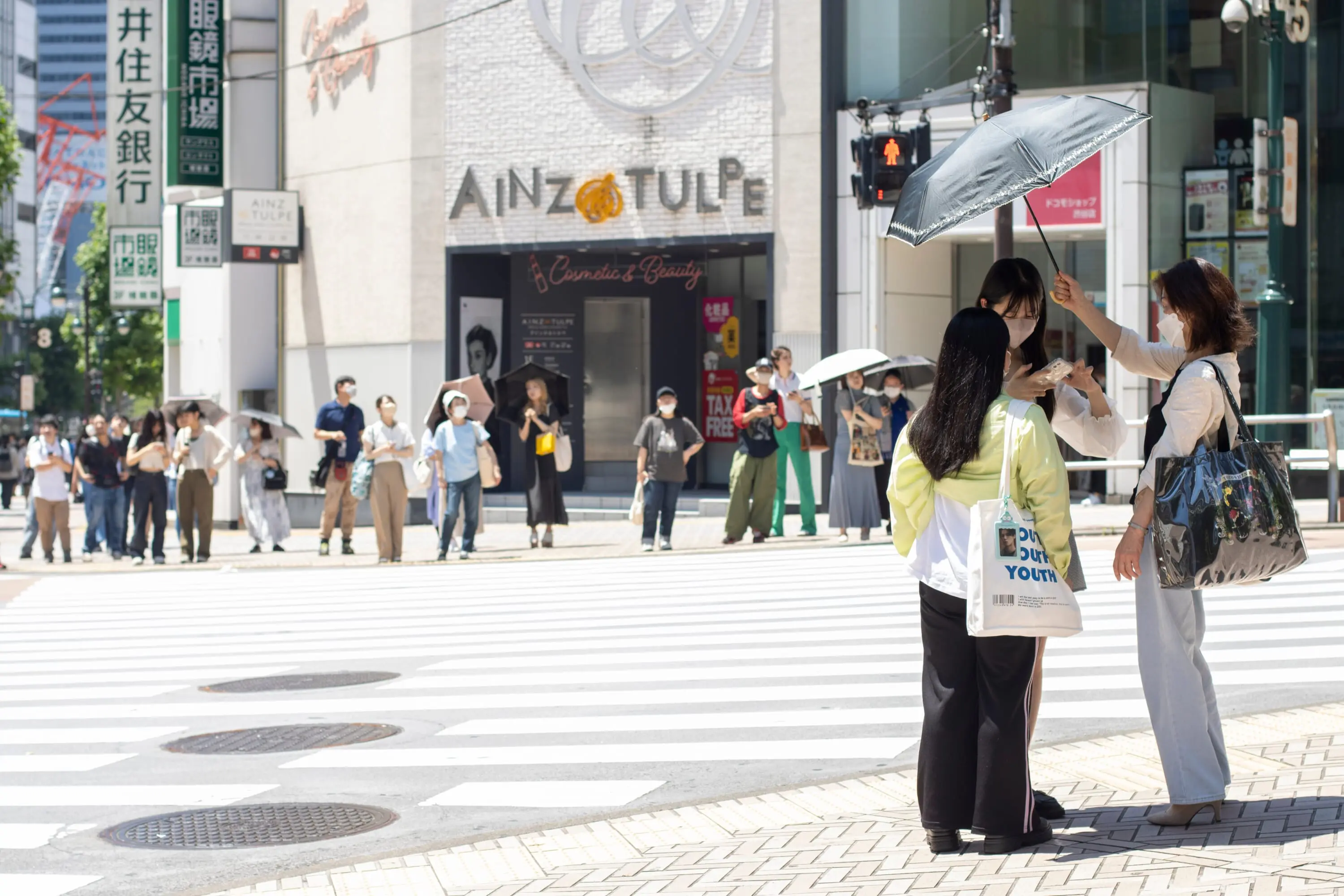
As Temperatures Soar in Tokyo, Likelihood of Special Heatstroke Alert Increases
On Sunday, the temperature in Shizuoka city exceeded 40 degrees Celsius. It’s the highest number seen there since records began in 1940. Other cities experienced temperatures over 39 degrees Celsius, including Otsuki in Yamanashi Prefecture. In Tokyo, close to 200 people had been hospitalized due to heatstroke as of 9 p.m. on Sunday. Sadly, at least four deaths associated with the weather in Japan have been reported in recent days. Heatstroke alerts were issued in 26 of the country’s 47 prefectures. With conditions becoming more extreme, the likelihood of the top-level special heatstroke alert being issued is increasing.
On April 24, the government introduced a new special heatstroke alert system in 58 areas for when the wet bulb globe temperature (WBGT) heat index reaches 33. If the special heatstroke alert system is issued, cities and towns will make it possible for everyone to rest in a cool place such as a library or convenience store. People will be advised to remain indoors and drink lots of water. Schools and companies will be asked to take adequate countermeasures against the heat. If that’s not possible they’ll be requested to cancel events or ask employees to work from home.
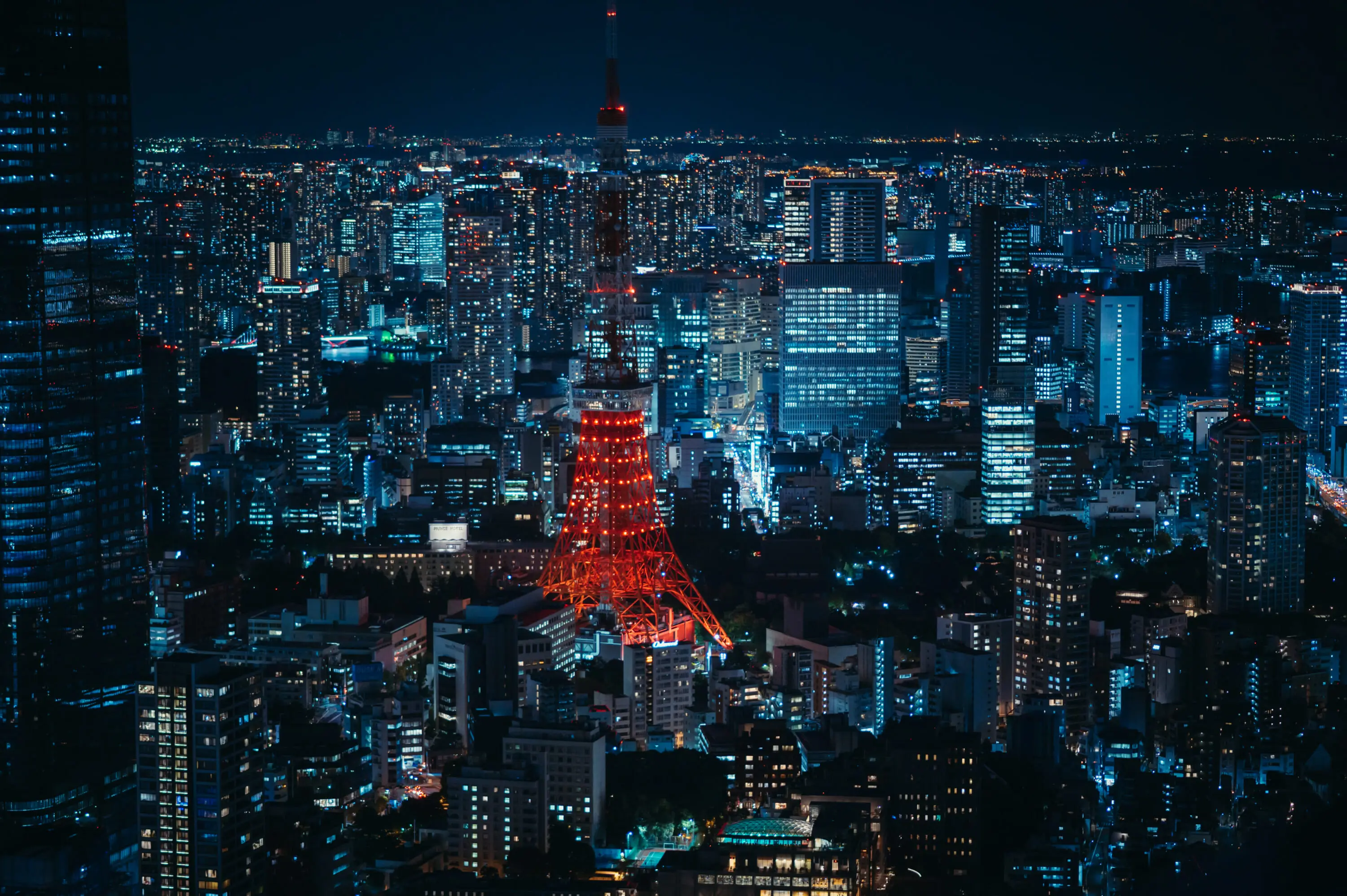
Tokyo Ranks as the 49th Most Expensive City in the World
Tokyo has long been seen as one of the most expensive cities in the world. There was a time, in the 1980s, when the land value of the capital’s Chiyoda region exceeded that of all of Canada and the grounds of the Imperial Palace alone were estimated to be worth more than the entire real estate value of California. Those days, however, are long gone. Today, Tokyo is seen as relatively affordable compared to many major cities around the world and Mercer’s latest cost of living ranking for international workers confirms that.
According to the data released on Monday, Tokyo is currently the 49th most expensive city in the world, just behind San Juan in Puerto Rico, Luxembourg city, Philadelphia and Libreville in Gabon. Japan’s capital fell 30 places from last year. That shouldn’t really come as a surprise considering the precipitous fall of the yen. For a third consecutive year, Hong Kong claimed the title as the world’s costliest city for expats. Making up the rest of the top five were the same places as last year, with Singapore placing ahead of the Swiss cities of Zurich, Geneva and Basel.

Rui Hachimura
Hachimura and Watanabe the Biggest Names on Japan’s Roster for the Paris Olympics
On Monday, Tom Hovasse, the head coach of the Japanese men’s basketball team, announced a 12-man roster for the Olympics. The two star names on the list are Lakers forward Rui Hachimura and former Memphis Grizzlies swingman Yuta Watanabe. “I’m really looking forward to my second Olympics,” said Hachimura at a press conference in Tokyo on Wednesday. “I want to be able to show my teammates and everyone in Japan what I’ve learned up until now in the NBA.” Other names to look out for include Yuki Kawamura and Josh Hawkinson, who both impressed at last year’s World Cup.
There’s also Keisei Tominaga, who competed for Japan in the 3×3 basketball tournament at the Tokyo Olympics. The University of Nebraska-Lincoln graduate recently signed an Exhibit 10 contract with the Indiana Pacers. He models his game after the four-time NBA champion, Stephen Curry. On Sunday, Curry was asked if he had any advice for the 23-year-old Japanese player. He replied, “Just to be himself, have confidence in himself.” Last month, Tominaga signed with Curry’s apparel brand. “He has a dedication to the game and continues to be an inspiration for athletes across the globe,” said Curry.

